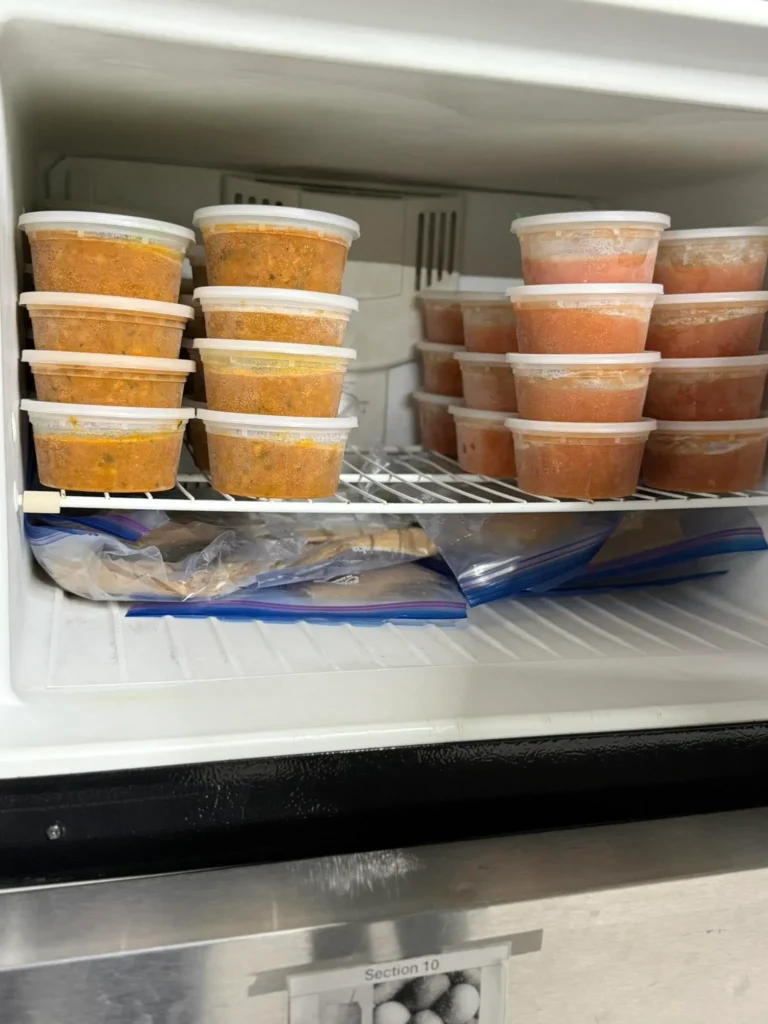Adjusting to life in Canada includes understanding its financial landscape. This comprehensive guide offers detailed insights into the Canadian banking system, helping newcomers make informed decisions and settle smoothly.
Understanding the Canadian Banking System
Safety and Stability:Canada’s banking system is globally recognized for its robustness and reliability. Governed by stringent regulations, it ensures your financial assets are secure. This system’s stability is underpinned by a comprehensive legal framework and rigorous government oversight, offering peace of mind to bank users.
Types of Financial Institutions:In Canada, you’ll primarily encounter two kinds of financial institutions:
- Chartered Banks: These are federally regulated institutions that offer a wide range of financial services. As they are subject to federal laws and oversight, they maintain high standards of security and reliability.
- Credit Unions: Unique to Canada, credit unions are provincially regulated and are member-owned cooperative institutions. They are democratic in nature, meaning as a member, you have a voice in their operations. They emphasize values like honesty, trust, and fairness and are known for their strong community orientation.
Key Banking Terms Explained
- Account Number: This number is unique to your banking profile, ensuring that all transactions are accurately associated with your account.
- Automated Teller Machine (ATM): These machines facilitate various banking transactions without needing to visit a bank branch. You can withdraw cash, deposit checks, and sometimes pay bills.
- Cheque: A traditional form of payment, a cheque is a written order instructing the bank to pay a specific amount from your account to another party.
- Credit Card: This is a powerful financial tool that allows you to make purchases or withdraw cash on credit. However, it’s important to pay the balance in full by the due date to avoid high-interest charges.
- Debit Card: Linked to your bank account, it allows direct access to your funds for everyday transactions like shopping or bill payments.
- Interest Rate: This is the cost of borrowing money, expressed as a percentage. It applies to loans, mortgages, and credit cards for borrowers, and to savings or investment accounts for savers.

Getting Started with Banking in Canada
Before Arrival:
- Research: Explore different banks and credit unions in Canada to find one that aligns with your needs.
- Communicate: Inform your existing bank about your move to Canada.
- Financial Transition: Plan for the closure of your current accounts and the transfer of funds to Canadian institutions.
After Arrival:
- Account Opening: Visit a chosen bank or credit union to open your accounts.
- Financial Planning: Consider consulting a financial advisor to help you navigate Canadian financial norms.
- Credit Building: Apply for a credit card that aligns with your financial situation and needs.
Building Your Financial History in Canada: A Detailed Guide
Establishing a robust credit history in Canada is a vital step for newcomers, impacting everything from renting a home to obtaining loans. Here’s how you can build your financial history effectively:
1. Cell Phone Plan
How It Helps Build Credit:
- Regular Reporting: Many cell phone providers report your payment history to credit bureaus. Regular, on-time payments demonstrate financial reliability.
- Credit Score Impact: Consistent payments can positively affect your credit score, as they show you can manage regular bills responsibly.
Tips for Success:
- Choose a Plan Wisely: Select a plan that fits your budget to ensure timely payments.
- Automate Payments: Set up automatic bill payments to avoid missed or late payments.

2. Payment Plans for Large Purchases
How It Works:
- Installment Payments: When you buy items like furniture or electronics on a payment plan, you pay in installments over time.
- Credit Reporting: These regular payments are often reported to credit bureaus, contributing to your credit history.
Building Credit:
- Consistent Payments: Making regular payments on time can significantly boost your credit score.
- Debt-to-Income Ratio: Keep your debt manageable in relation to your income to maintain a good credit score.
Tips for Managing Payment Plans:
- Read Terms Carefully: Understand interest rates and payment schedules before agreeing to a payment plan.
- Avoid Overspending: Only purchase what you can realistically pay back to prevent financial strain.
3. Credit Card Usage
Strategic Use:
- Credit Building Tool: A credit card, when used judiciously, is an excellent tool for building credit history.
- Reporting to Credit Bureaus: Credit card companies report your activity to credit bureaus, impacting your credit score.
Maintaining Good Credit:
- Timely Payments: Always pay at least the minimum amount due each month on time. Ideally, pay off the full balance to avoid interest.
- Credit Utilization Ratio: Try to use less than 30% of your credit limit. High utilization can signal risk to lenders.

Understanding Terms and Rates:
- Interest Rates: Be aware of the interest rates on purchases and cash advances.
- Fees and Penalties: Understand any fees for late payments, exceeding credit limits, or annual card fees.
Avoiding Debt Accumulation:
- Responsible Spending: Only charge to your credit card what you can afford to pay off.
- Budgeting: Incorporate your credit card payments into your monthly budget.Navigating a new banking system can be challenging, but with the right knowledge and preparation, it can be a smooth process. Understanding the Canadian banking system’s safety, types of financial institutions, key banking terms, and steps for getting started with banking are crucial. Additionally, building a solid credit history in Canada is essential for your long-term financial health. You can always reachout to Moncton Cares for any help you need for settling and integrating in New Brunswick.








